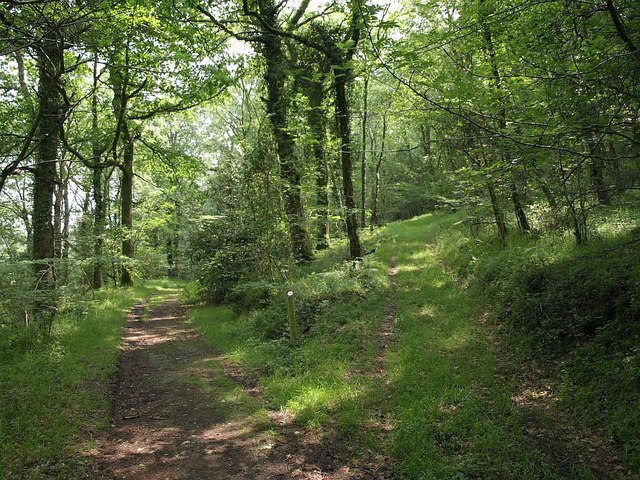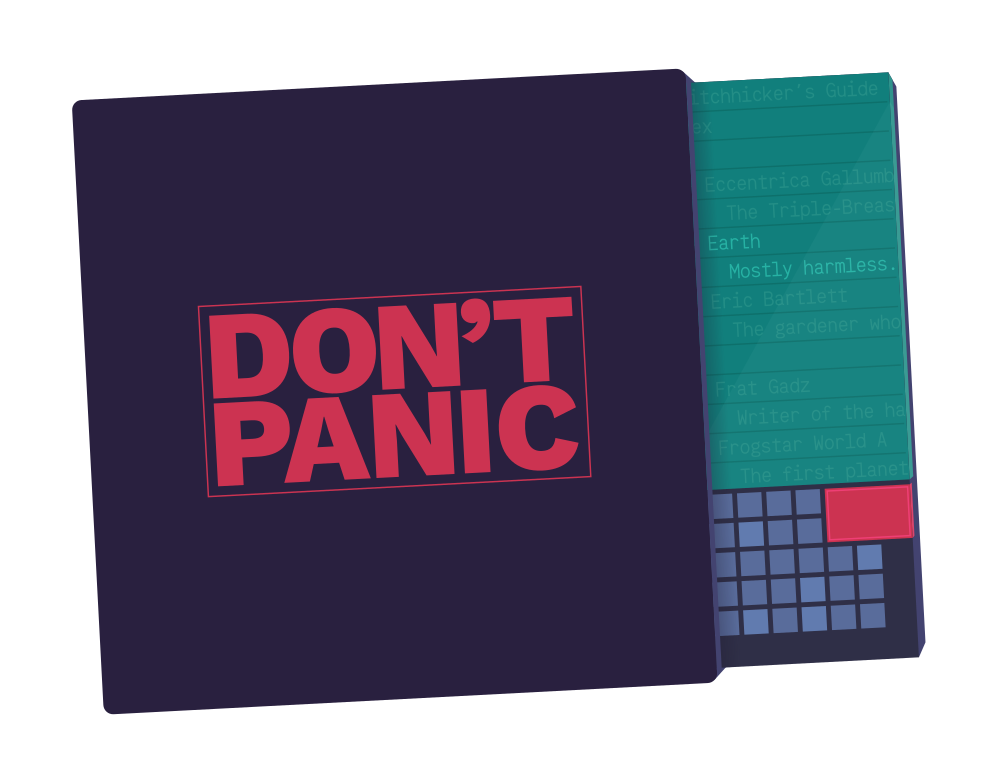The (un)importance of decisions


“Two roads diverged in a wood, and I–
I took the one less traveled by,
And that has made all the difference.”
The Road Not Taken – Robert Frost
This quote perfectly illustrates how I feel about making important decisions. I stand at a junction, and the path I take will have a radical effect on my life. If I make the right choice, it could lead to great things, if I make the wrong choice, it could lead to ruin. As a child I was fascinated by the ‘Choose your own adventure’ books, such as ‘The Horror of High Ridge’, where the right choices led to the heroic ending, the wrong to a horrible death. In real life, I approach each decision with rigorous thoroughness. I read all I can about the options, work out the important points of comparison, and if there are numbers involved then you can be sure they will end up in a spreadsheet at some point. I try to think of every possible consequence of the decision, before finally, reluctantly, making my mind up. Even then, I am left with lingering doubts, and dread something happening that will make it clear that I made the wrong choice.
A prime example of my painstaking decision process is my choice of what to study at university. I amassed huge piles of university brochures, haunted the library to read various guides, researched careers and filled stacks of paper with notes and comparison tables. Recently, eating lunch together with a group of PhD students, one of them asked me what I had studied. ‘Electronic Engineering’, I replied. He was astonished. How on earth had I ended up in my current job? The answer is that I ended up in my current job – which I love – as the result of a string of bad decisions.
The first bad decision was studying electronic engineering in the first place. Despite my diligence in the decision-making process, I have to confess to having been unduly influenced by my favourite TV show, which led me to fantasize that studying engineering would turn me into the sort of person who can coolly save the day with a bit of electronic wizardry. Never mind that I had never shown so much as a glimmer of practical abilities.
The second bad decision was leaving my first job. It had fascinating challenges, plenty of freedom and flexibility, good working conditions,and a wealth of clever and creative people around me. Of course, there were negative sides too, and in my naivete I blithely assumed this meant that there were greener pastures elsewhere.

It is so true that you don’t know what you have until it’s gone. I spent the next few years ping-ponging between jobs that were similar only in their focus on innovative technology, and their total lack of any visible effect on the outside world. Then, a move to a new country put me out of work for a year. Just when I was considering giving up and moving back home, I finally found a job with both technological challenges and applications that were potentially of great benefit to society. I was so overjoyed that I clung to it for ten years, pushing to the back of my mind the growing realisation that, in that entire time, the promise of helping others never came true. That implicit decision to stay on in a hopeless situation was perhaps the worst of all.
Individually, each of these decisions gives me cause for regret. But this chain of disasters taught me a great deal about myself, and introduced me to areas of knowledge I would never have dreamed of. Ultimately, stumble by stumble, they brought me to where I am now – a good job, a loving partner, two great children, a cosy home. No ‘correct’ decision, no carefully planned path would have ever led here, yet I’m very happy.
Conversely, there are decisions I made that were based on excellent grounds, that were ‘right’ in every way, that I now also regret. As a teenager, I chose to concentrate on my studies and work hard. That delivered excellent scores, but now I wish I had spent more time making friends and having fun. I also opted for caution in relationships, priding myself on avoiding the agonies my friends faced with their many boyfriends (ok, my general unattractiveness made this easy). Now that I am past 40, I can’t help but mourn the romantic adventures I never had. Does that mean these were bad decisions? They appear very differently to me from the position of security I now have, with a good job and a stable, happy relationship. If I had chosen differently, I might now be regretting the study I never completed, or struggling to find the courage to keep searching for the right partner after a string of heartbreaks.

When a decision has ‘gone wrong’, I have always tended to blame myself for not having made a better one. But how a decision turns out often has very little to do with the quality of the decision-making. There are plenty of external factors that can throw a spanner in the works. Choosing to get up in plenty of time to catch your flight is ordinarily a good decision, while staying up late the night before is usually a bad one. However, if the flight you missed crashes, killing all on board, then oversleeping suddenly seems like a stroke of genius. The complexities of causality mean that ‘learning from your mistakes’, my watchword for many years, has only limited value. In ‘The Hitchhiker’s Guide to the Galaxy’, one character deeply regrets the decision to go back for her bag, whereby she missed the chance to travel the galaxy. Later, when heading for a crucial job interview, she applies her acquired wisdom by not going back for her bag. Without the contact lenses in her handbag, the interview is a disaster: “She reflected that if there was one thing life had taught her, it was that there are some times when you do not go back for your bag and other times when you do. It had yet to teach her to distinguish between the two types of occasions”.
The PhD students I was talking to were very relieved to hear that the decisions they were themselves agonising about might not be so pivotal as they had thought. So, should we stop caring about decisions at all? I’m sure there are some people who enjoy very exciting and fulfilling lives by simply seeing where life takes them, but such a Zen attitude is something I will never achieve. Granted, I can never know where the road will eventually take me, but I’m still not willing to deliberately drive into a swamp in the hope of finding gold on the other side. What I have learned, is to be less afraid of ‘making the wrong decision’. I make the best decision I can with the information I have, and then I let it go and see where the chips fall. I have faith that, whatever happens, I can handle the path I have chosen, and, if I don’t like it, there are plenty more forks ahead where I can take a new direction. Barring decisions that lead to my immediate death, there is no choice I can make that leaves no openings whatsoever for something good in the future.
I no longer have the book where I first read that Robert Frost poem, so many years ago. When writing this post, I looked it up on the internet to check the exact words. To my surprise, I discovered that it is generally believed that the poem, far from celebrating the life-changing nature of the correct choice, was actually intended to be ironic:
“Frost’s biographer Lawrance Thompson suggests that the poem’s narrator is “one who habitually wastes energy in regretting any choice made: belatedly but wistfully he sighs over the attractive alternative rejected”.[6] Thompson also says that when introducing the poem in readings, Frost would say that the speaker was based on his friend Edward Thomas. In Frost’s words, Thomas was “a person who, whichever road he went, would be sorry he didn’t go the other. He was hard on himself that way.”
Wikipedia

Real life is not a ‘Choose your own adventure’ book. The ideal path does not exist. We can’t achieve paradise with good decisions, but neither will we lose it by bad ones. There is an infinity of paths available, each with its own regrets, its own joys. We only get to walk one, so keep your eyes on the beauty of the path you are on – forget the rest.